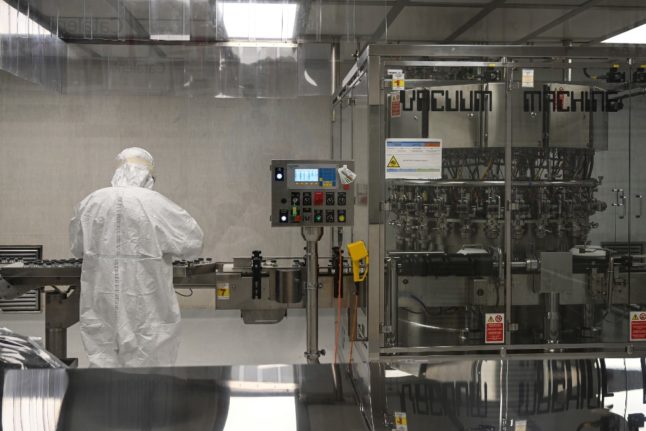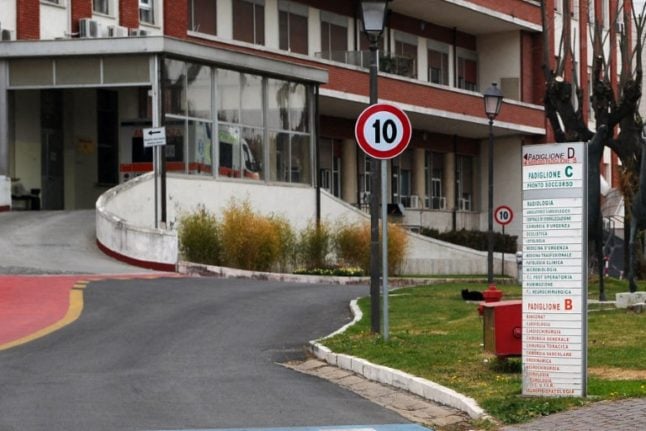Le notizie di oggi sul vaccino anticovid sono incoraggianti. Ma serve ancora tanta prudenza. La ricerca scientifica è la vera chiave per superare l’emergenza.
Nel frattempo non dobbiamo dimenticare che i comportamenti di ciascuno di noi sono indispensabili per piegare la curva.— Roberto Speranza (@robersperanza) November 9, 2020
Phase 3 trials are the final tests before regulators decide whether to approve a drug. The European Medicines Agency, which reviews drugs for use within the European Union, hopes to fast-track approval for Covid-19 vaccines, and the head of Italy's Higher Health Council, Franco Locatelli, has said the first doses could be available in spring 2021.
The new trial is separate from an early-stage trial underway in Rome, where researchers at the Spallanzani National Institute for Infectious Diseases are testing a different vaccine developed by Italian biotech company ReiThera on a much smaller sample of volunteers.



 Please whitelist us to continue reading.
Please whitelist us to continue reading.
Member comments